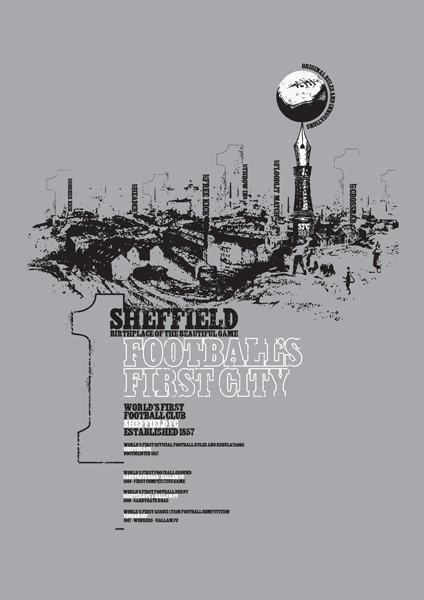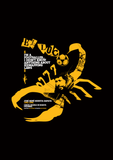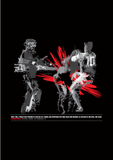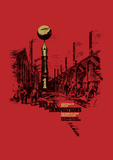SheffieldFootball's First City
Sheffield is the birthplace of football and boasts the world's oldest clubs; Sheffield FC founded in 1857 (officially recognised by FIFA and the FA as the oldest football club in the world) and Hallam FC founded in 1860 (the world’s second oldest club).
Hallam still play on their original ground, Sandygate Road, which is officially recognised by the Guinness Book of Records as ‘The Oldest Ground in the World’.
In 1860, Hallam first played Sheffield in a local derby which is still contested today. This 'Rules Derby' is considered the oldest, still-contested derby of any football code in the world, and is probably one of the oldest organised team-sport derbies in the world (besides those found in cricket).
Bramall Lane is the oldest stadium in the world which still hosts professional football matches. It opened on the 30th of April 1855 as a cricket ground and was, in its first 7 years, only used for cricket purposes. The first football match at the ground was played on the 29th of December 1862 when Sheffield FC took on Hallam FC (the match lasted three hours and resulted in a goalless draw).As Sheffield's main sporting stadium of the time, it held all the most important local matches.
In 1867, Hallam FC made football history when they won The Youdan Cup; the world's first ever organised football tournament, beating fellow Sheffield club Norfolk in the final at Bramall Lane. They still possess this historic trophy.
This was followed by the Cromwell Cup a year later, which was won by a newly formed team called ‘The Wednesday’. By 1877, a crowd of 8,000 watched The Wednesday beat Hallam FC in the Sheffield Challenge Cup. Bramall Lane effectively became The Wednesday's permanent home between 1880 and the opening of their new stadium at Olive Grove in 1887, but since 1889 it has been the home of Sheffield United FC.
Footnote.
On prestigious occasions, Sheffield teams would wear shirts which carried the complete coat of arms by courtesy of the council. The Latin motto ‘Deo adjuvante labor proficit’ translates ‘By God’s help labour succeeds’.



































































